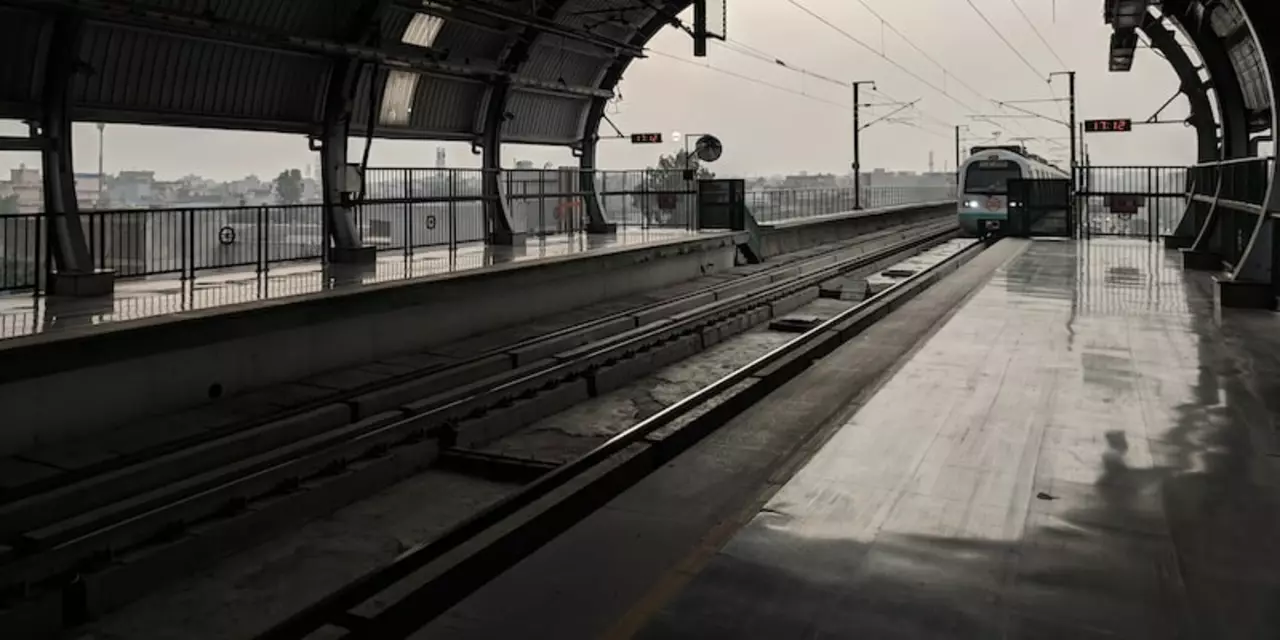Minors in India: Rights, Safety, Laws and What You Should Know
Who counts as a minor in India? Anyone under 18. That simple line matters: it changes how the law treats a child, what services they can access, and how society must protect them. This tag collects news, guides and clear steps you can use when a young person’s rights or safety are at stake.
Key laws and what they mean
Several laws shape a minor’s protection. The Juvenile Justice (Care and Protection of Children) Act focuses on rehabilitation, not punishment, for children in conflict with law. The Protection of Children from Sexual Offences (POCSO) Act deals specifically with sexual crimes against children and requires special procedures to handle cases sensitively. The Prohibition of Child Marriage Act bans child marriage, and child labour rules restrict employment of minors. Knowing the names helps you find accurate updates and official advice.
Rights show up in everyday life too: birth registration, access to education (Right to Education Act covers ages 6–14), and legal guardianship. These are practical protections — register births early, keep school records, and know who holds legal guardianship in tricky family situations.
Spotting danger and acting fast
Worried about neglect, abuse or exploitation? Quick, calm action helps. If a child is in immediate danger call police. For child-specific help you can reach Childline at 1098 — a national helpline that connects children to emergency support. For sexual offences, POCSO requires special medical and legal handling; insist on it when reporting. Keep records: notes, photos, dates and names make complaints stronger.
Online risks are rising. Teach basic rules: never share passwords, keep profiles private, don’t meet strangers alone, and save screenshots of troubling chats. Use device parental controls, but pair them with regular conversations so kids feel safe coming to you.
When a minor faces the law, the system is different. Juvenile courts, observation homes, and rehabilitation plans are meant to prioritize reform. If a child is accused, get a lawyer experienced in juvenile cases and ask for child-friendly procedures — for example, separate waiting areas and presence of a guardian during questioning.
Schools and communities matter. Report suspected abuse to school authorities and local child welfare committees. Ask schools about safety policies, staff background checks, and counselling support. Communities that talk openly about child safety reduce shame and encourage prompt reporting.
Want practical steps now? 1) Save 1098 and your local police number. 2) Keep birth and school documents handy. 3) Teach children basic online and physical safety. 4) If abuse is suspected, document and report immediately. 5) Seek medical and legal help that follows child-friendly laws.
News about minors changes fast — new court rulings, policy shifts, and important local stories matter. Follow this tag for timely updates and clear how-to pieces so you can act quickly and protect the kids around you. If you have a specific case or question, look for posts here that dig into law, helplines and step-by-step guidance.
Accused Minors In Delhi Stabbing Attack Are Not Muslims?
This article discusses the recent stabbing attack in Delhi and the false rumors that the accused minors involved were Muslim. The police have identified the accused as four minors from the slums of northeast Delhi and none of them are Muslim. The article also discusses how false rumors, often based on communal hatred, can spread quickly and create further divisions in society. It emphasizes the need for people to wait for official reports and verify information before believing and sharing it. Finally, it highlights the importance of educating people on the dangers of fake news and communal hatred.
View more